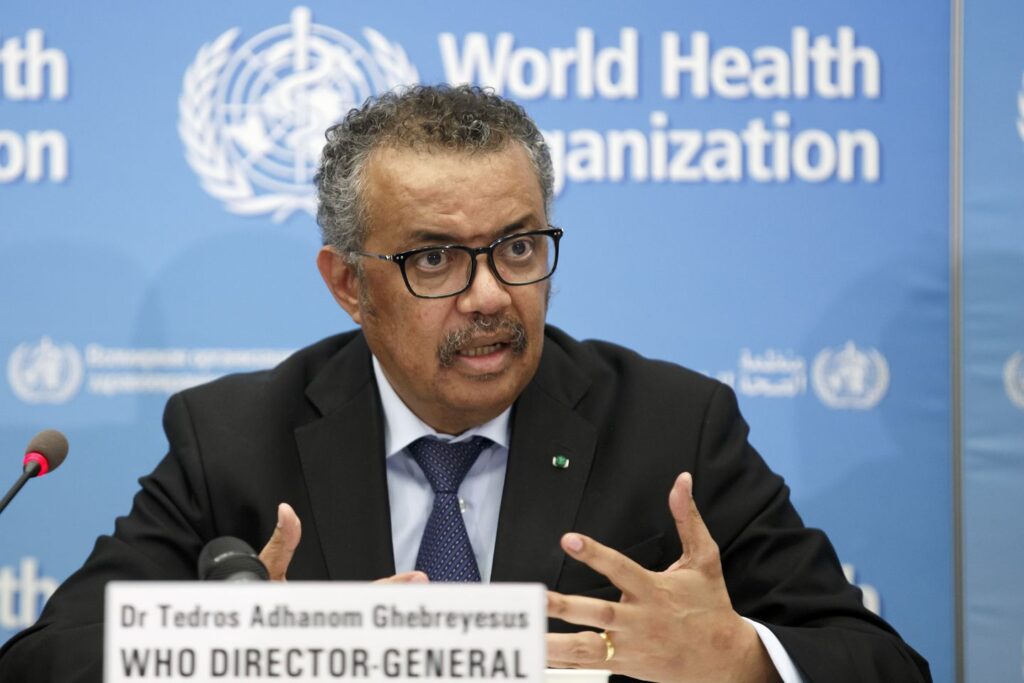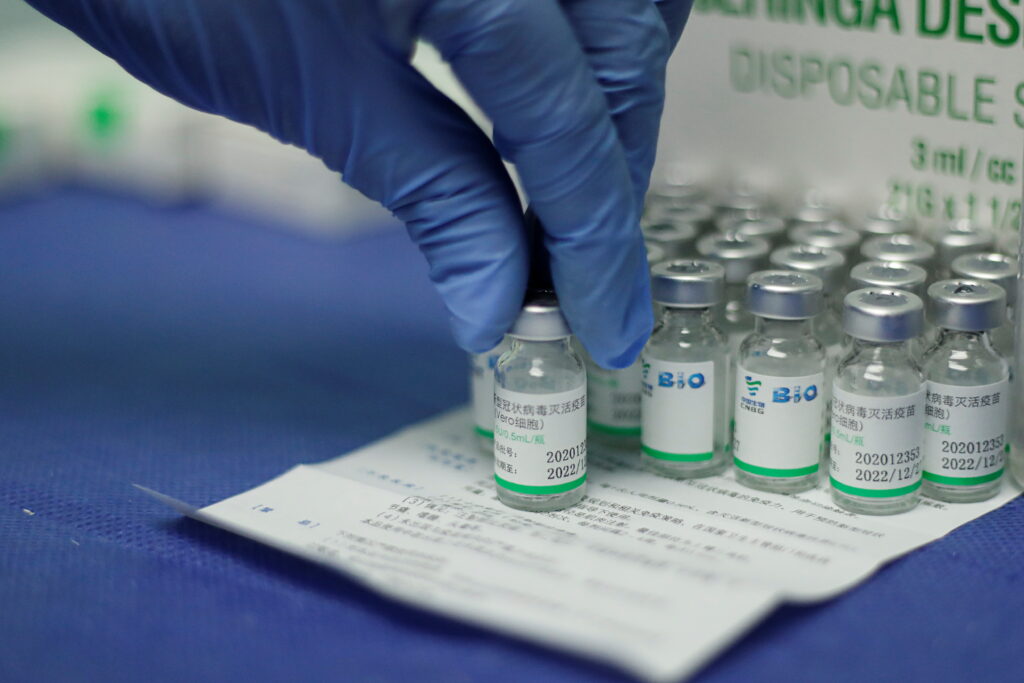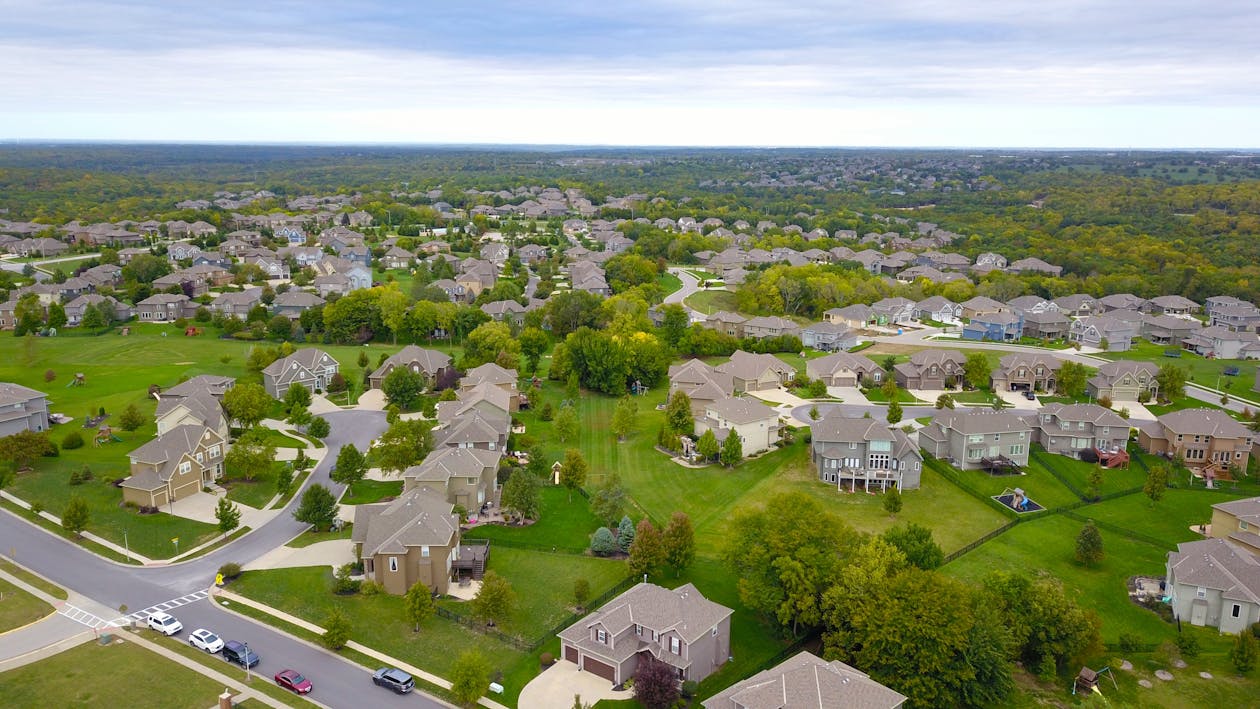

Urgent action globally to improve health system equity in a post-COVID-19 world is the focus of this year’s World Health Day observed on April 7, 2021, says WHO Director-General, Dr Tedros Adhanom Ghebreyesus.
According to the World Health Organization in a press release on Tuesday (April 6), “COVID-19 has unfairly impacted some people more harshly than others, exacerbating existing inequities in health and welfare within and between countries”.
“The COVID-19 pandemic has thrived amid the inequalities in our societies and the gaps in our health systems,” said the WHO director general.
It is vital for all governments to invest in strengthening their health services and to remove the barriers that prevent so many people from using them, so more people have the chance to live healthy lives
Dr Tedros Adhanom Ghebreyesus, WHO Director-General
He argued, “it is vital for all governments to invest in strengthening their health services and to remove the barriers that prevent so many people from using them, so more people have the chance to live healthy lives”.
For this reason, the “WHO is… issuing five calls for urgent action to improve health for all people”. Which are as follows:
- Accelerate equitable access to COVID-19 technologies between and within countries.

The delivery of safe and effective vaccines in addition to the accessibility of commodities such as medical oxygen, personal protective equipment (PPE), and reliable diagnostic tests and medicines are all necessary for fostering health system equity in a post-COVID-19 world.
2. Invest in primary health care
With at least half of the world’s population still lacking in access to essential health services, the WHO is urging that “as countries move forward post-COVID-19, it will be vital to avoid cuts in public spending on health and other social sectors”.
As these cuts “are likely to increase hardship among already disadvantaged groups, weaken health system performance, increase health risks, add to fiscal pressure in the future and undermine development gains”.

3. Prioritise health and social protection
Many countries have been faced with economic downturn owing to the devastating socio-economic impacts the COVID-19 pandemic has had on its population.
As such, social protection schemes need to be implemented in order to mitigate against possible wider social hardships, taking into consideration those in greatest need and members of disadvantaged communities.
4. Build safe, healthy and inclusive neighbourhoods

Too often the lack of basic amenities in some communities trap residents in a cycle of sickness and poor health. If this is to be overcome, then “access to healthy housing, in safe neighbourhoods, with adequate educational and recreational amenities” is vital for achieving health for all.
5. Strengthen data and health information systems
Increasing the availability of timely, high-quality data that is disaggregated by sex, wealth, education, ethnicity, race, gender and place of residence is key to working out where inequities exist, and addressing them.
As a result, the WHO is advising that health inequality monitoring should be an integral part of all national health information systems.
“Now is the time to invest in health as a motor of development,” said the WHO director general.
“We do not need to choose between improving public health, building sustainable societies, ensuring food security and adequate nutrition, tackling climate change, and having thriving local economies. All these vital outcomes go hand in hand.”







Comments